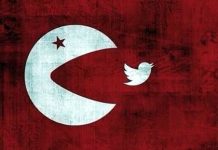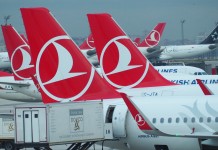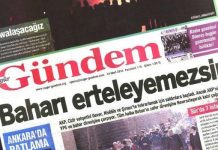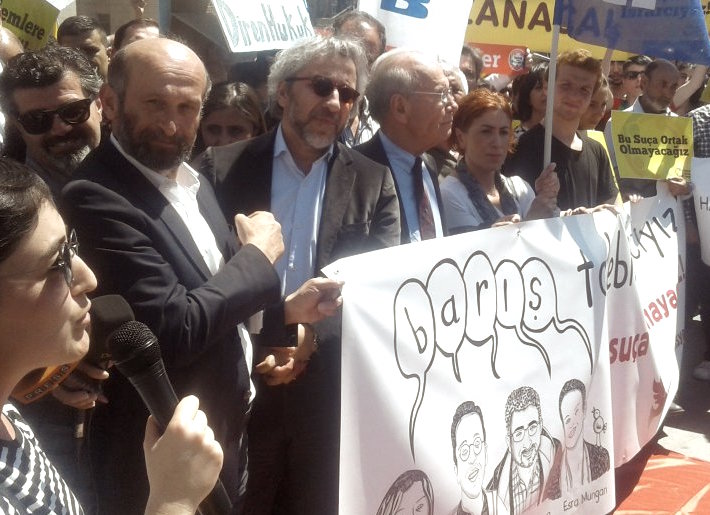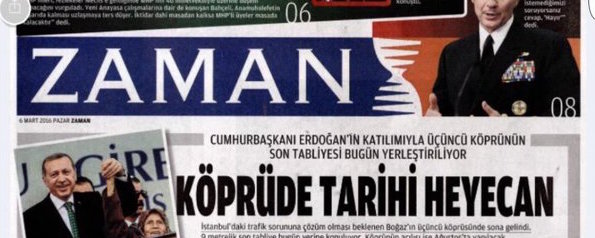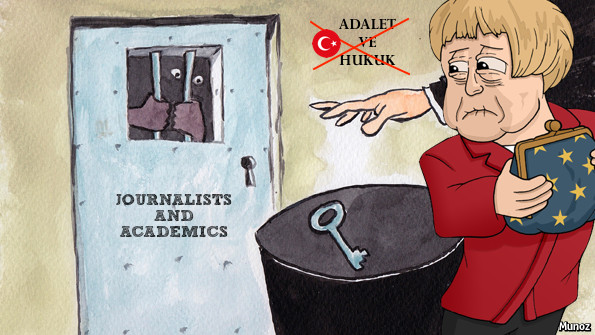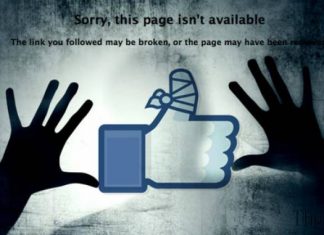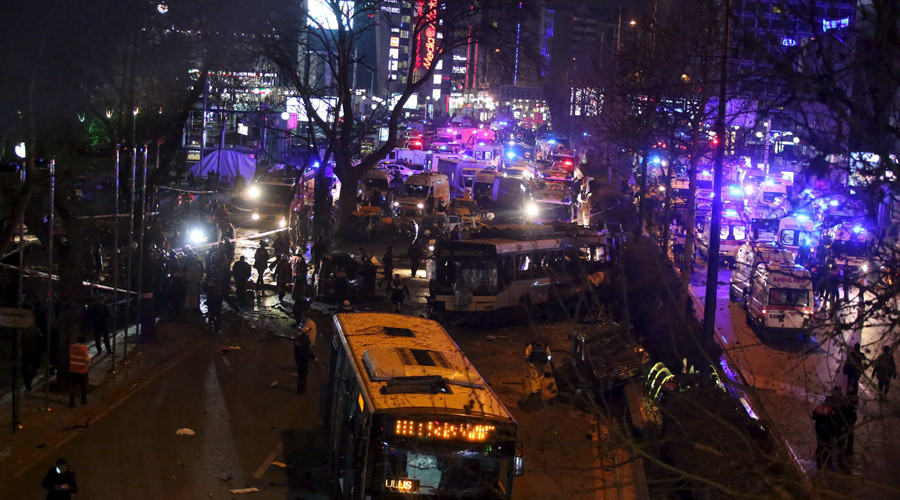Observers were taken by surprise as German Chancellor Angela Merkel appeared to side with Turkish President Erdogan on Monday, denouncing caricatures of his crackdown on freedom of speech and increasingly authoritarian Islamist policies.
A spokesperson later confirmed that Merkel believes that a diatribe broadcast by ZDF was “deliberately offensive” – and, by Friday the clip had been removed from their site. Meanwhile, broadcaster NDR stood by its own satirical “Edowie” music-backed video clip, adding English subtitles and posting it to social media days after its content kicked off the diplomatic spat with Ankara.
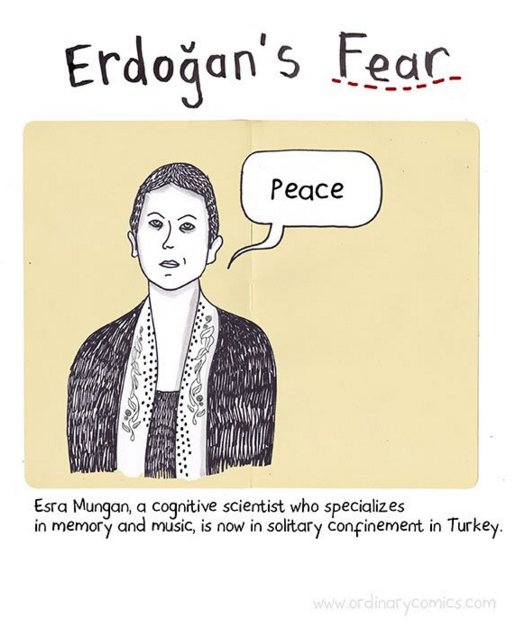
Germany’s tacit support for Erdogan’s complaints could be seen as a vindication for the leader, who has implemented a forceful crackdown on peace campaigners, writers, and minority groups including Kurds, Alevi and Christians, many of whom he charges with aggravated counts of aiding and abetting terrorism demanding multiple life sentences. However the shift in policy will most of all impact Turkey’s independent journalists and scholars campaigning for peace.
EU migrant deal a factor?
The Chancellor played a central role in securing a recent EU deal, under which Turkey will take back migrants in exchange for billions of euros in aid.
It may be that the new approach to Erdogan’s internal policies is a calculated offset to increase chances of success with the migrant return plan, seen as a major factor in her own success and that of her party, the right-of-centre CDU.
If Germany can stem the influx of immigrants swelling Europe’s shores it stands to eliminate a key obstacle to European unity as the United Kingdom’s contentious EU referendum approaches.
Germany’s left and right unite in concern
Few came out in support of Merkel’s stance back home in Germany – indeed campaigners from both the left and right of the country’s political spectrum were briefly united in denouncing her position. Germany’s left and centrist commentators are evoking bad memories from the Stasi period, when expression was strictly controlled in Soviet-governed regions; meanwhile the new far right sees Erdogan as leader of an Islamic-fascist movement deeply at odds with their own version of national-socialist governance.
“Press freedom thrown under the bus”
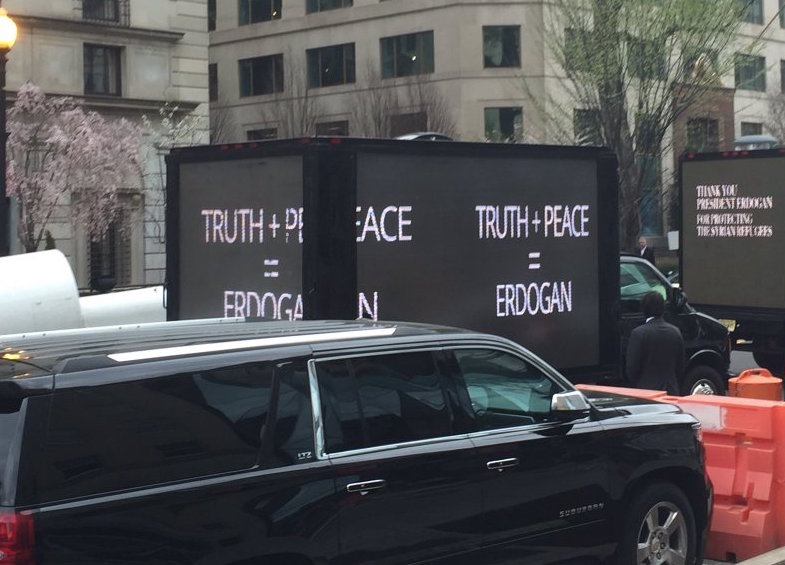
President Erdogan’s ban on critical speech, now firmly implemented throughout Turkey, has recently extended its reach further afield. While the German media retracted its critical piece, the Turkish security staff gained instant notoriety at a think tank policy event hosted by America’s Brookings Institute in Washington, D.C. where the leader was speaking, by violently suppressing American and foreign reporters. The scuffle left one journalist bloodied and another sexually threatened and thrown to the ground.
German foreign policy departing from EU mainstream?
Germany’s stance ostensibly contrasts with the United Kingdom, Sweden, the Netherlands and France, all of which have raised deep concern about Turkey’s crumbling democratic process as fighting rages on in the country’s embattled southeast.
#Turkey's appalling crackdown on #AcademicFreedom: 3 academics who called for peace arrestedhttps://t.co/DU7mAAtgOY pic.twitter.com/9GtZqUVJu0
— D8 News (@D8News) March 15, 2016
British Consul-General Leigh Turner and other European diplomats stationed in Istanbul made headlines in March when they appeared at the trial of prominent Cumhuriyet newspaper editor-in-chief Can Dundar in a staunch show of solidarity with the Turkish people.
With Ambassadors, CGs & other diplomats at trial of #Cumhuriyet journalists Can Dundar & Erdem Gul pic.twitter.com/29RnATbW21
— Leigh Turner (@RLeighTurner) March 25, 2016
While it is unclear whether Merkel’s new line will become official policy, her move will certainly come as a blow to Turkey’s secular, liberal and pro-democracy campaigners currently on trial or held in prison under Erdogan’s watch.
Chancellor Merkel’s statements will inevitably be received as foreign validation – a mandate for Turkey’s ruling AKP party to continue cracking down on pro-democracy campaigners and dampening any criticism of the country’s supply of weapons to Islamist fighters in Syria, with all the implications that holds for long-term international relations and security.
Editorial note: This article originally conflated the NDR satire video with a subsequent commentary aired by ZDF NEO MAGAZIN presenter Jan Böhmermann. Amendments have been made to distinguish the two incidents, the first of which has been called “tasteful satire” and the latter deemed more offensive.




